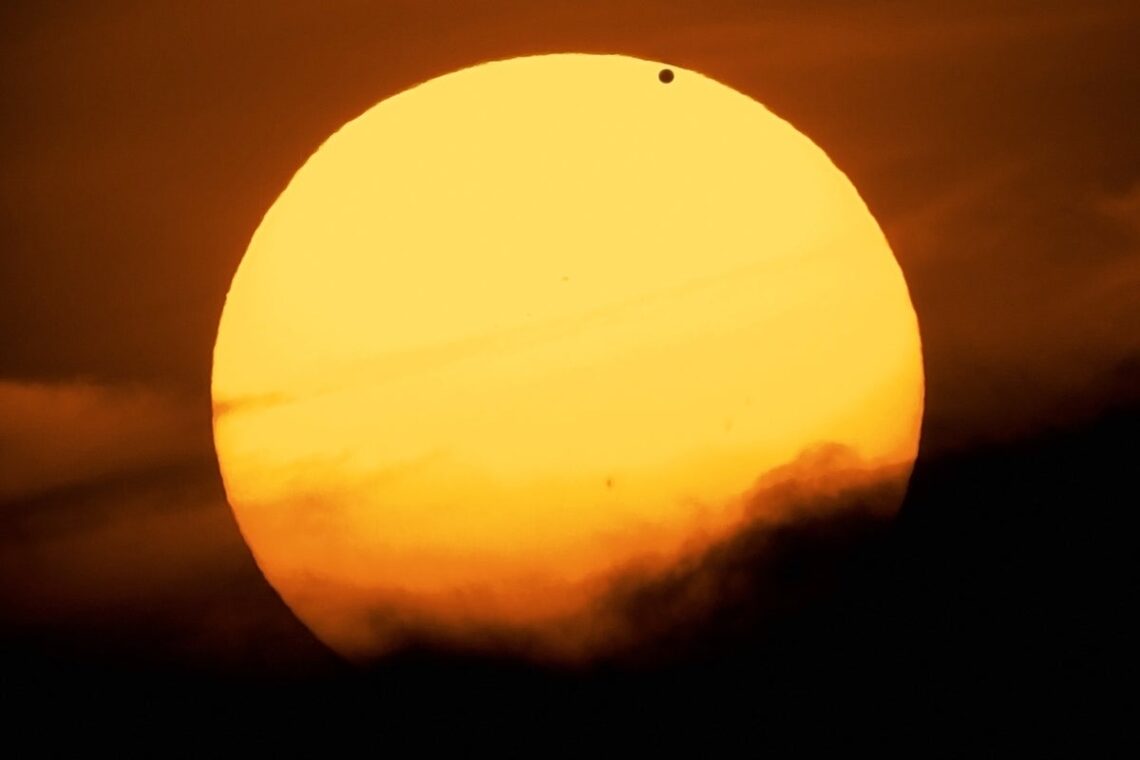Every now and again I’ll get a weird thought in my head that sits there demanding an answer. Sometimes it’s trivial, and sometimes it sounds silly but then leads into some fun insights.
This time, my brain decided to fixate on a simple question: What’s the roundest object in the universe?
By that I mean, what is the most spherical object we’ve ever found—not necessarily the smoothest, but one that is the most symmetric, where every point on its surface is the same distance from its center? (That’s the definition of a sphere, after all.)
On supporting science journalism
If you’re enjoying this article, consider supporting our award-winning journalism by subscribing. By purchasing a subscription you are helping to ensure the future of impactful stories about the discoveries and ideas shaping our world today.
Lots of big things are round, and that’s no coincidence! Gravity is to blame. As a cosmic object grows, usually by accumulating gas or via collisions with other bodies, its mass increases—and therefore its gravitational field increases, too. At some point the gravity gets so strong that anything sticking up too high will collapse, a process that eventually drives the object to become spherical. You’re already familiar with this; a mountain that gets too tall will crumble, and you can only pile sand so high at the beach before it topples. Every time this happens, the astronomical object becomes more smooth, more spherical.
This property emerges for objects once they grow to roughly 400 kilometers across, depending on what they’re made of. So almost any discrete body larger than this will tend to be near spherical: big asteroids, moons, planets and even stars.
So which of these are the most geometrically perfect orbs?
I poked around quite a bit, thinking of every kind of astronomical object I could, and in the end the answer I got was a surprise: the sun—yes, our nearest star!
Stars in general are quite round, but even the roundest ones still…
Read the full article here

